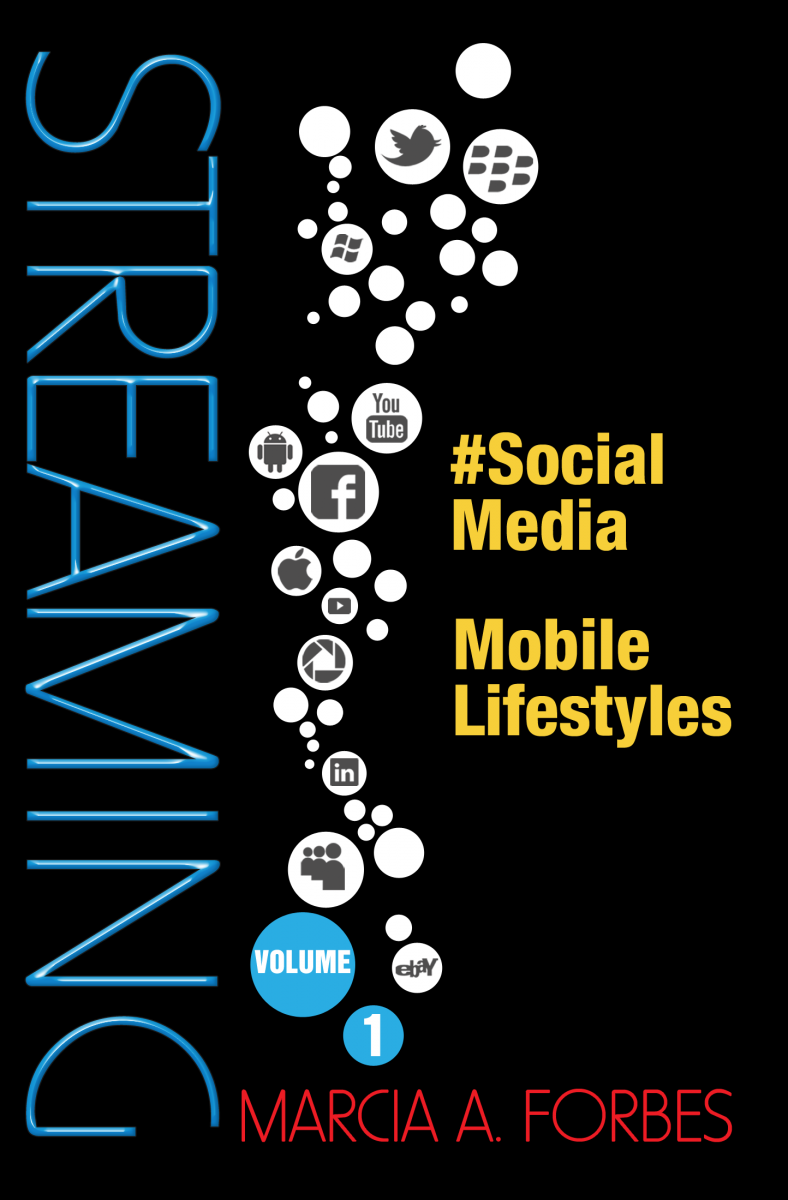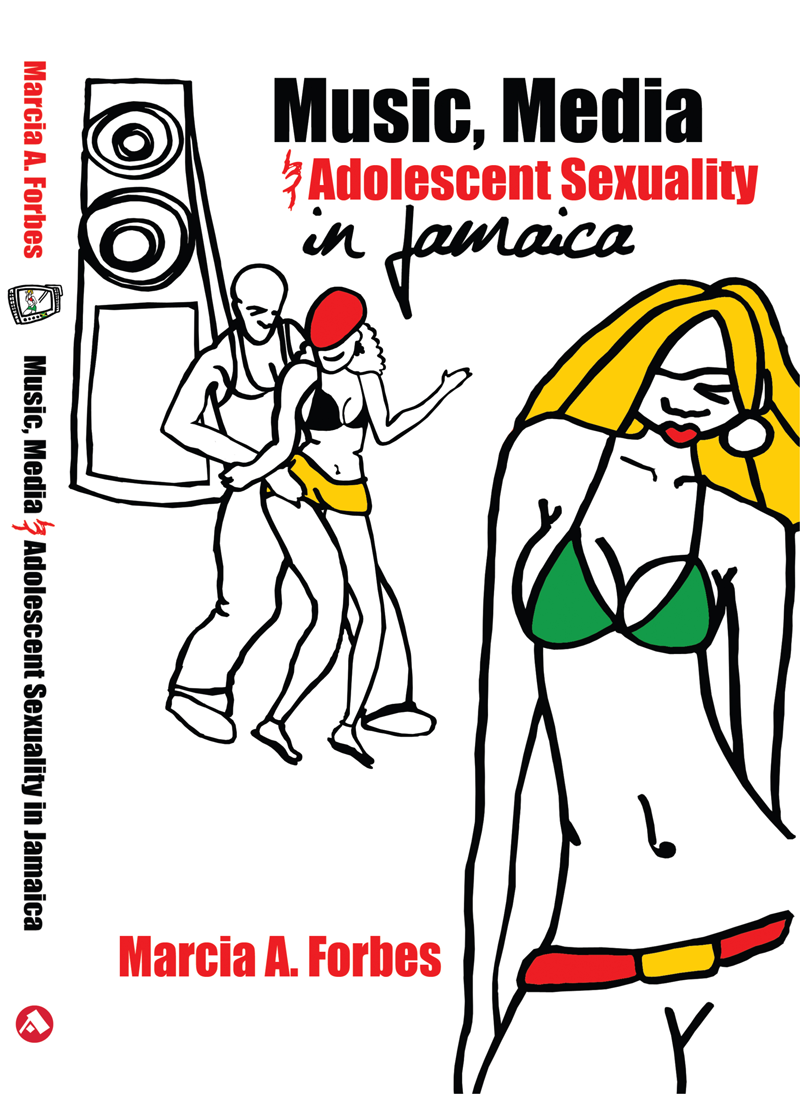Social Media, the Jamaica Labour Party & Elections 2016
Social Media, the Jamaica Labour Party & Elections 2016

#StayInLine
As the day wore on almost into afternoon, complaints about tardy election workers and polling stations started to be heard across traditional media. CVMTV and Nationwide Radio, national free-to-air TV and radio, respectively, both carried such reports. Soon thereafter, the hashtag #StayInLine popped up on my Twitter timeline and was repeated by Nationwide Radio several times into the afternoon.
In writing this article my search revealed that a 22 year old male who goes by the name @iVocatus on Twitter was the first person to have tweeted this hashtag with reference to the election day in Jamaica. Through my search I also learnt that this hashtag is very popular with US Presidential hopeful, Democrat Bernie Sanders. Perhaps @iVocatus already knew the hashtag because millennials love Bernie.
Not following @iVocatus on Twitter, I had previously thought it was another millennial, @MizDurie (I do follow her) who got this hashtag going with her tweet, “May have to do #StayInLine for #JaVotes2016. “ That was in response to my tweet, “Reports that #Election Day workers going very slowly at #Polling Stations. #Voters urged to stay in the line & not get frustrated. #JaVotes”. Note that while my tweet included the words ‘stay in line’ they were not joined and prefixed with the # sign, essential for hashtagging.
MizDurie is a strong, vocal supporter of the Jamaica Labour Party. In writing this article I also realized that so too is @iVocatus. In reviewing the #StayInLine hashtag I learnt that then Opposition Leader, Andrew Holness, now Prime Minister of Jamaica, got involved and fired off a series of tweets encouraging JLP supporters to ‘Let your vote count’ and that “if you haven’t voted head to your polling station. If you are at your polling station #stayinline!”
Hashtag Activism
They call it hashtag activism. It was in full force on February 25th, election day in Jamaica. This approach to activism is becoming increasingly popular on social media platforms. Those who write it off as ‘slactivism’, a coinage of the coming together of slacker and activism, perhaps have not yet taken the time to understand how social media work.
Postings on social media platforms, like the most popular ones Facebook, YouTube, Instagram and Twitter, get disseminated not just online where they may go viral and be seen by millions, but also often get carried offline via traditional media. This is exactly what happened on February 25th in Jamaica with the hashtag #StayInLine which essentially became a rallying cry for the Jamaica Labour Party (JLP) to get out its votes.
Someone on Twitter commented that, “JLP jus a use up di #stayinline suh”. How many ‘heard’ and responded to this hashtag activism is still being argued locally, as too the value of social media over elections 2016 campaign in Jamaica and the role of millennials.
Millennials & the Vote
There were 624,064 Jamaicans between the ages of 18 to 34 years on the list of registered voters for elections 2016. This age cohort, commonly referred to as millennials or Generation Y, accounted for almost 40% of the total number of registered voters. I mention this block of voters because they are the most social media savvy.
Going from research available from companies like Socialbakers, millennials comprise the bulk of Jamaicans on Facebook. This is likely to be the same for those on YouTube, Instagram (the fastest growing social media site) and Twitter. These are the most popular social media networks among Jamaicans, with over one million now on Facebook.
Unfortunately, neither the Electoral Office of Jamaican (EOJ) nor the Electoral Commission of Jamaica (ECJ) has yet shed any light on the breakdown of voters, meaning those who actually marked their X and dipped their finger in the ink on February 25th. The role of millennials in election 2016, an election with the lowest voter-turnout in the country’s history (47.7%), is therefore still unclear.
Received wisdom is that young people do not vote. However, looking at newly registered voters who were added to the list in November 2015, we see that 81% were in the 18 to 34 age group. Did they vote? Based on the level of activism seen across Facebook and Twitter during the election campaign period, many seem to think that millennials significantly contributed to the victory handed to 43 year old Andrew Holness and his Jamaica Labour Party.
Social Media Coming of Age in Jamaica
Social media has come of age in Jamaica, compared to 2007 when the JLP secured its last victory at the polls. At that time its YouTube campaign was seen as novel and outstanding. In those days only about 15% to 20% of Jamaicans were on Facebook. The platform, a mere 3 years old in 2007, had not yet achieved critical mass in this island. Now it has.
Speaking about its 2016 election strategies, recently appointed JLP Senator and marketer, Matthew Samuda, highlighted the role of Facebook in getting out voters. He explained how a Facebook Group was used to track who had voted or not voted and transportation arranged for those who needed it.
Head of the Department of Government at the University of the West Indies, Dr. Lloyd Waller, highlighted that the images of Andrew Holness posted across various social media platforms, cemented his connection not only to the Internet but importantly, with the people. So much so, he was branded ‘Andrew 2.0’, dynamic and interactive, in comparison to his static 1.0 self in 2011 that was roundly defeated at the polls with a mere 21 out of 63 seats.
No doubt any elections in Jamaica from henceforth will be driven by the rise of Internet electioneering with social and mobile playing key roles.


